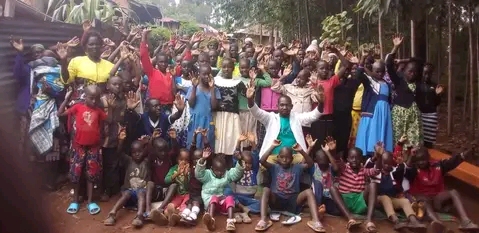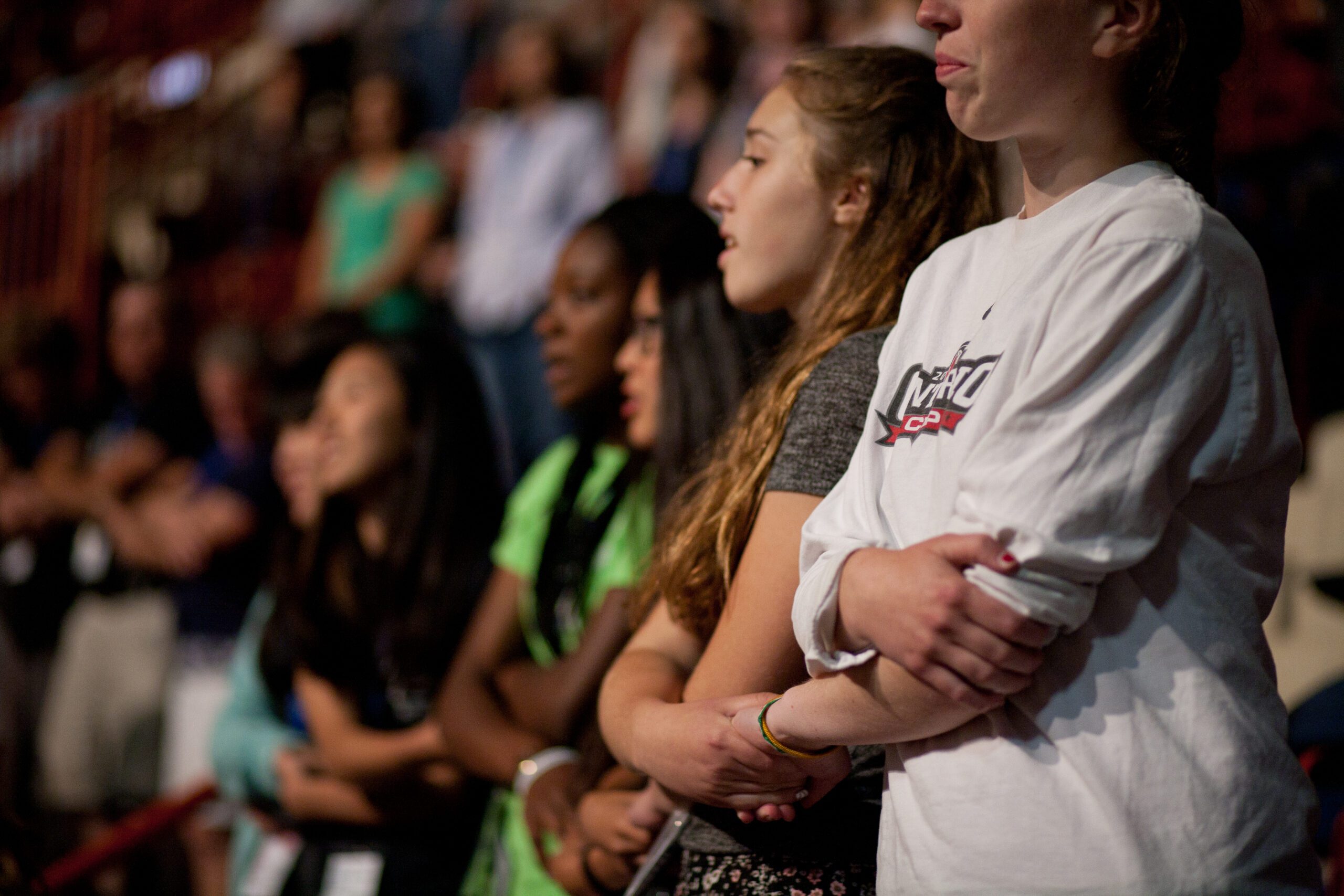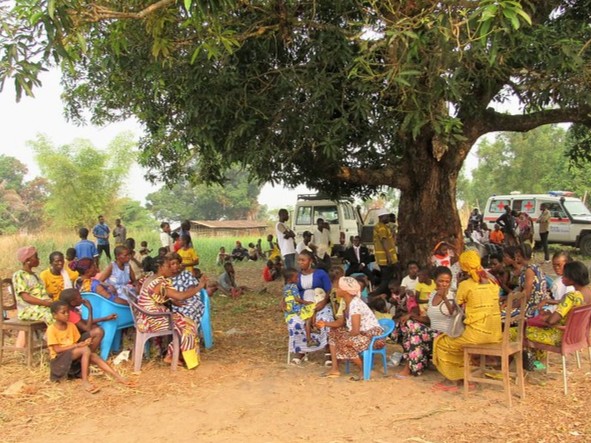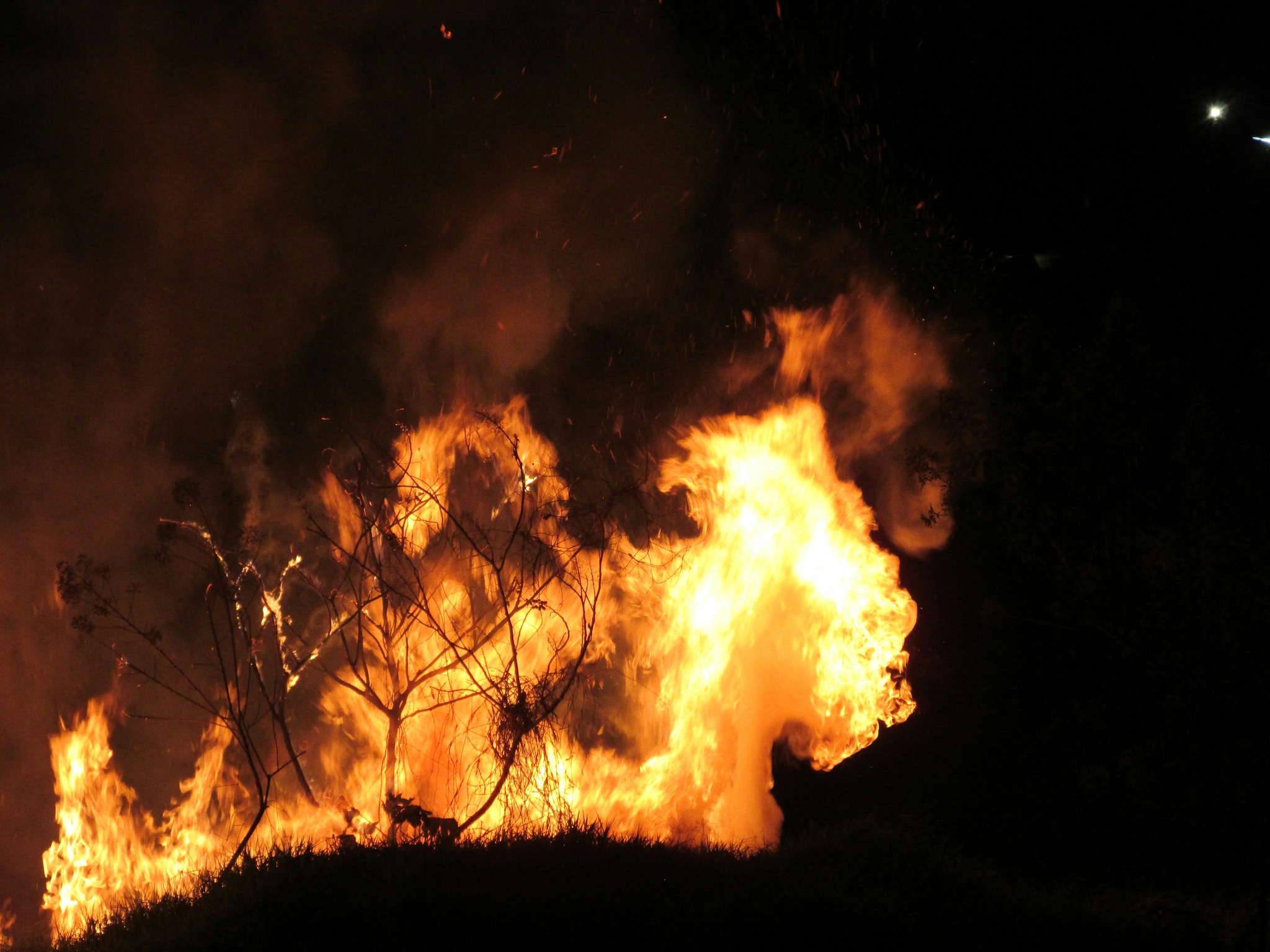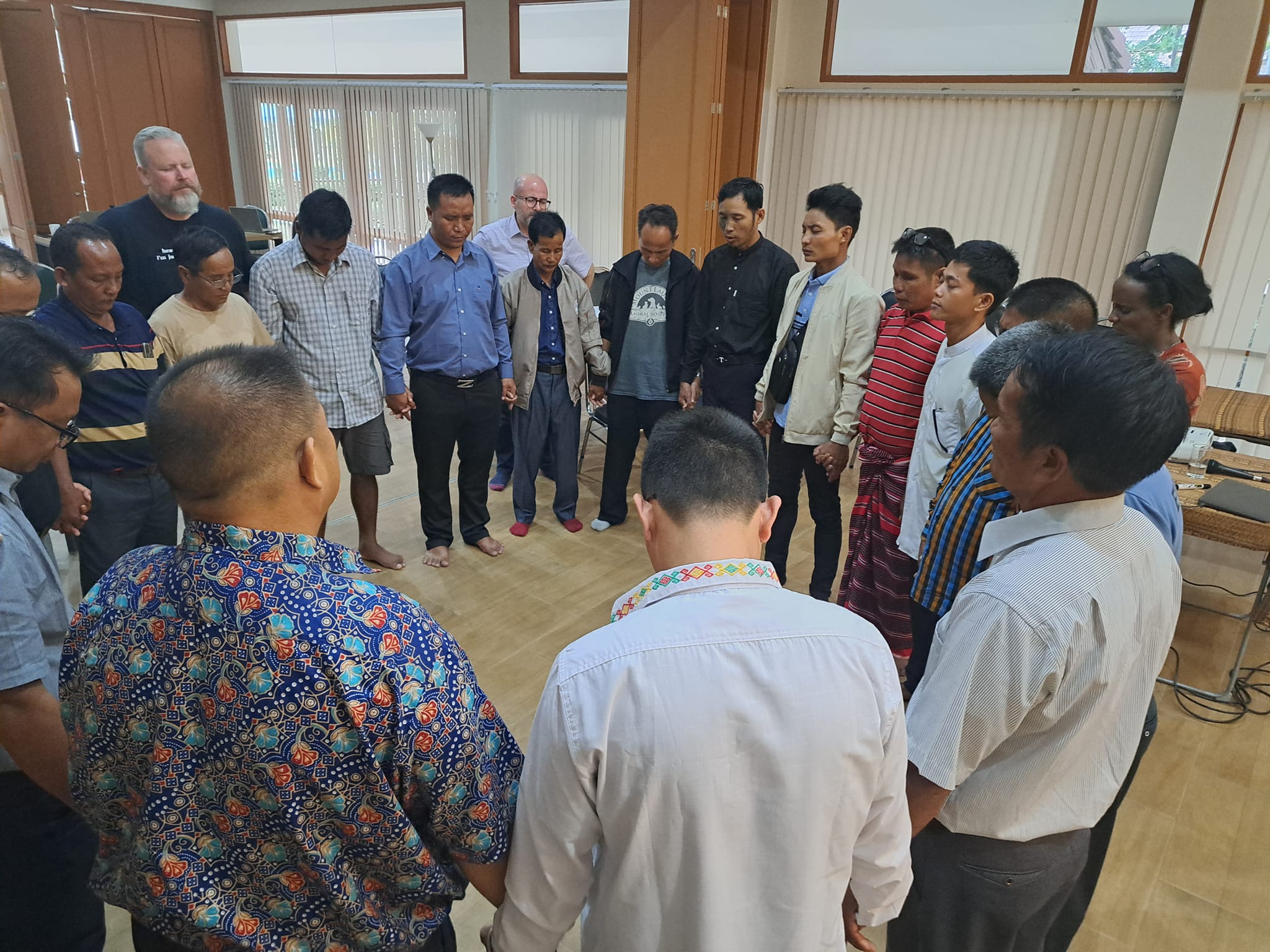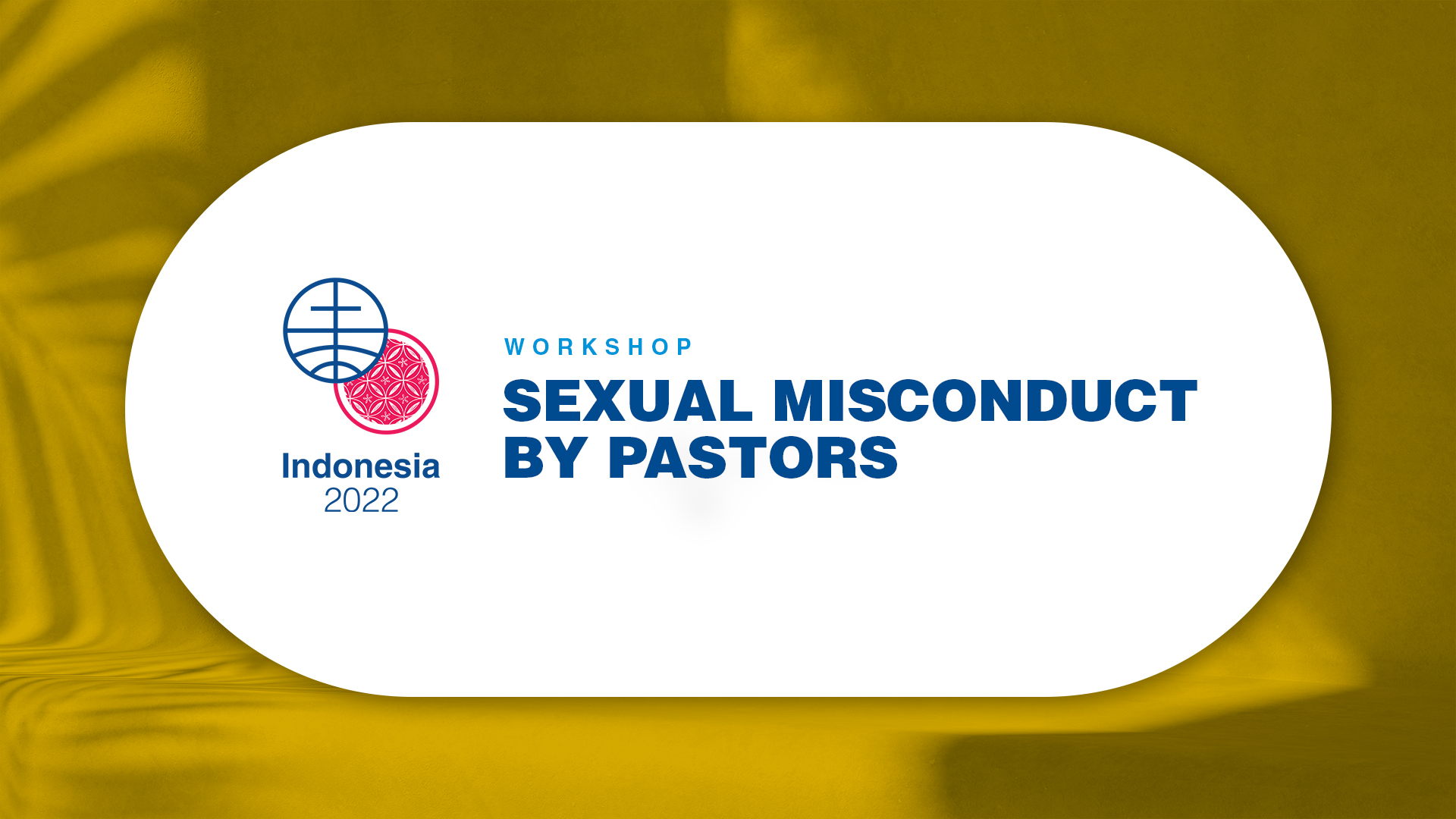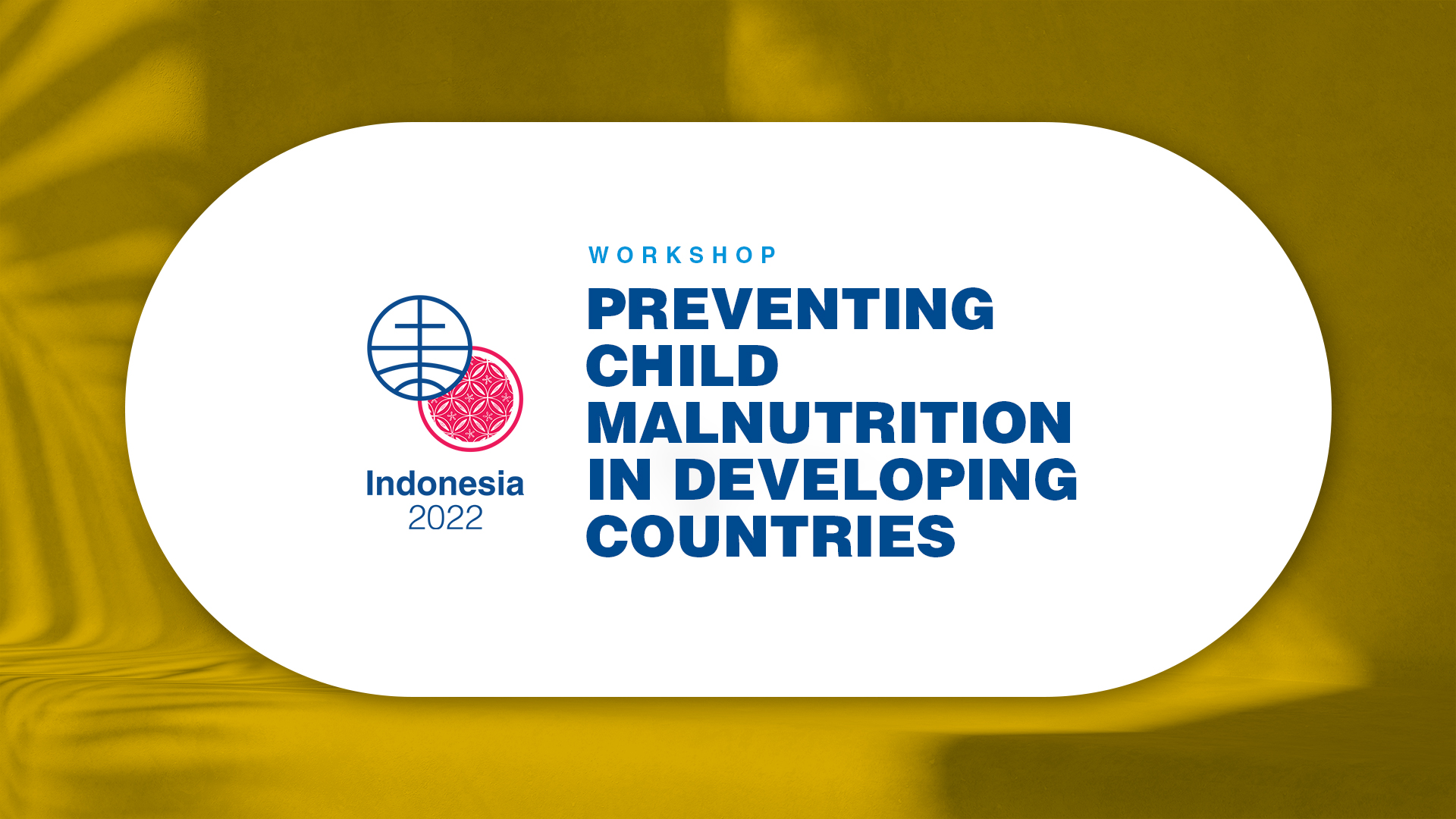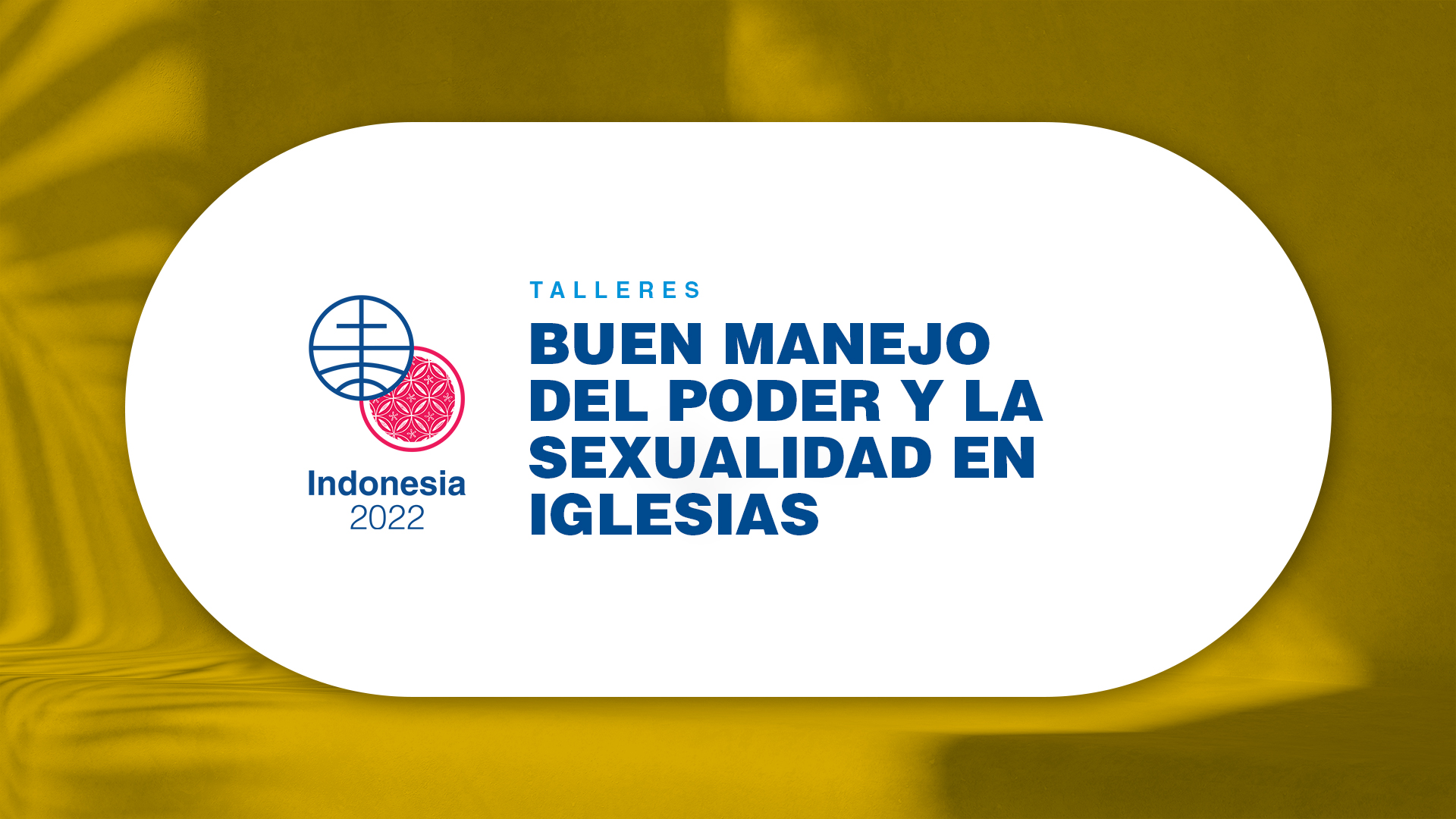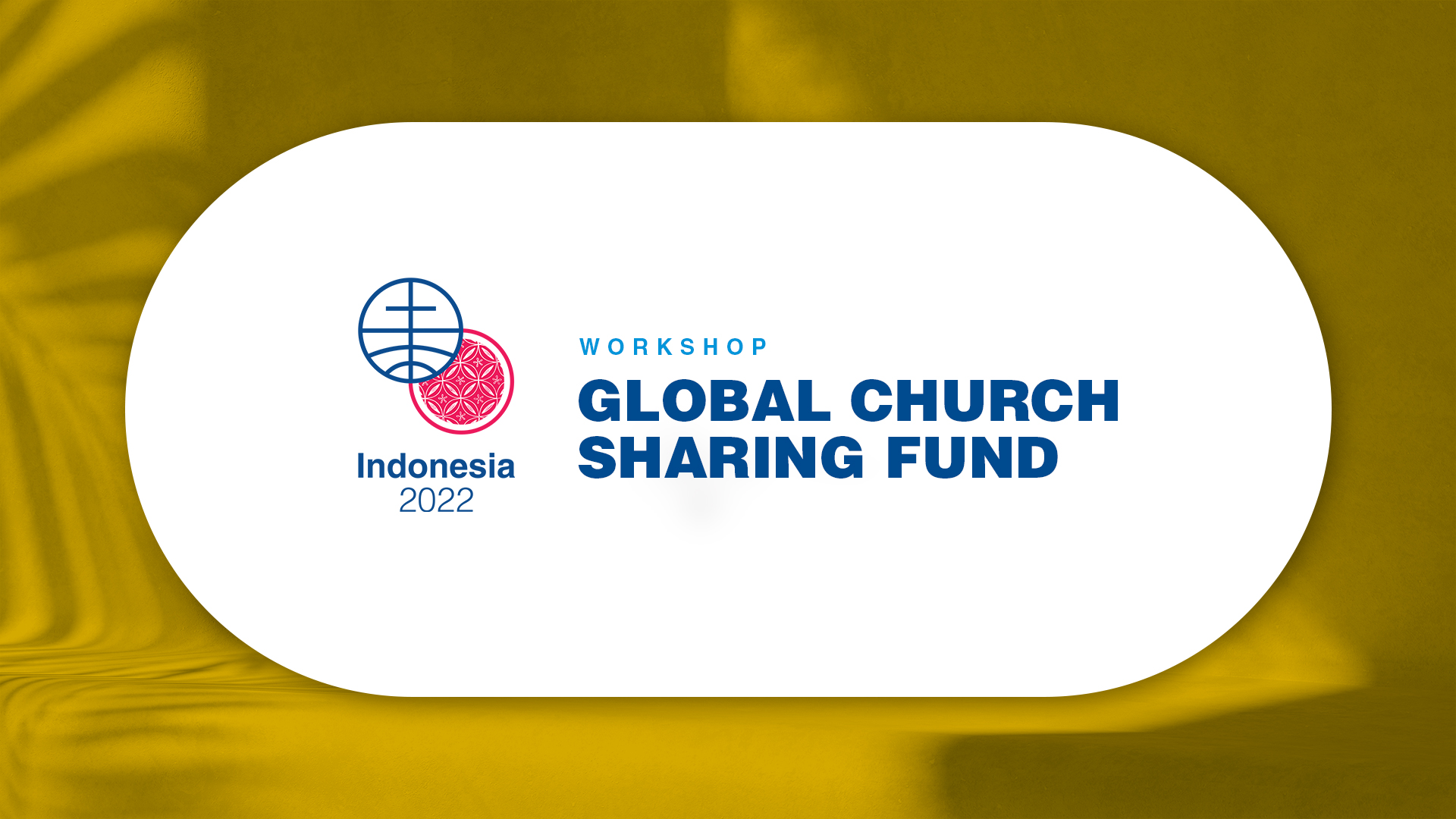-
Collaborative Anabaptist response to DRC crisis
“We are deprived of the Bibles, water, soaps and even food,” writes a representative of the youth organization of a Mennonite Brethren church in Bukavu in the Democratic Republic of the Congo. “We are soliciting the accompaniment of your prayers and materials.” Mennonite World Conference has convened an inter-Anabaptist task force to respond to the
-
A pastoral letter regarding legal action for the protection of religious liberties
Beloved sisters and brothers We call you to prayer for our siblings in the USA who are taking legal action that seeks to restore the rights of people of faith to gather, worship and serve without government interference. Mennonite Church USA joins more than 20 Christian and Jewish communities in this action. The current presidential
-
A pastoral letter for Anabaptists in DR Congo
We received a request for prayer from our leaders in DR Congo. Pastor Jean-Pierre Muya, president of MWC member church Communauté Mennonite de Congo (CMCo), writes: “This is a difficult time in our country. Please continue to pray for the restoration of peace and for the injured.”
-
A pastoral letter for those affected by wildfires in Los Angeles
Beloved sisters and brothers: The raging fires in Los Angeles in southern California, USA, have impacted many communities. At publication time, the fires have destroyed more than 160 km2, claimed the lives of at least 24 with dozens missing or unaccounted for, and destroyed more than 10,000 structures, including homes and churches. MWC member churches
-
Yesterday’s martyrs inspire those who suffer today
“Their commitment to passing down the message of peace and the gospel inspires me to live a sacrificial life for peace.” Stories of the early Anabaptist martyrs have shaped and inspired Mennonites around the world for 500 years. They continue to do so for suffering pastors in Myanmar, like the one quoted above. From 25-29
-
Speaker’s bureau
Invite the global church into your congregation! MWC member congregations are welcome to invite one MWC speaker per year to bring a message from the global Anabaptist-Mennonite family. This may be for Anabaptist World Fellowship Sunday, Peace Sunday or any day you wish to give special attention to the global family. Please consider giving an
-
Sexual Misconduct by Pastors
The church’s strength and witness are deeply damaged by pastoral sexual misconduct Ð and yet it happens. We look at how to create clear standards about expectations and how to investigate complaints about sexual misconduct by church leaders. We look at healing in a church context where there has been sexual misconduct by the pastor.
-
Preventing child malnutrition in developing countries
Indonesia 2022: Workshop Join Dr. Blaise Kutala and Dr. Delphin Kapasa in their review of causes, consequences, clinical aspects, and low-cost solutions to prevent child malnutrition. The approach consists of mobilizing all the forces of the community (e.g., doctors, municipalities, churches) to utilize therapeutic foods at a low-cost to effectively address malnutrition. Presenters: Blaise Kutala,
-
Healthy church boundaries in power and sexuality
Indonesia 2022: workshop Practical tools for promoting appropriate behavior in power and sexual relationships in leadership and pastoral work based on Healthy Boundaries material developed by Faith Trust Institute, with adaptations for Latin America, sections of the Colombian Mennonite Church’s ethics manual, and training experiences. Presenters: Alix Lozano served as president of the Mennonite Church
-
Global Church Sharing Fund
The Global Church Sharing Fund is part of the Jubilee Fund of MWC. What is the goal of the GCSF? We will show some supported projects. What is the impact of the fund? Presenter: Henk Stenvers (Deacons Commission Secretary) is a Dutch Mennonite, from 2002 until his retirement in 2020 he was general secretary of
-
GAHN webinar: Health care and health systems in DRC
Three Congolese doctors and the work they each are contributing to for the Congolese healthcare and health systems. These three speakers bring their expertise as well as their life experiences of working in the Democratic Republic of Congo. Dr. Murray Nickel, GAHN steering committee member, moderates the session
-
GAHN webinar: Global Anabaptist perspectives in fighting a pandemic
Global Anabaptist perspectives in fighting a pandemic.Does faith make a difference? GAHN webinar 27 March 2021 Presenter: Mark Shelly, MD, Infectious Disease physician, Healthcare Epidemiologist, Geisinger Medical Center; professor, Geisinger Commonwealth School of Medicine, Scranton, Pennsylvania, USA Dr. Mark Shelly presents about the unique contribution of Anabaptist perspectives in the battle against infectious diseases around
